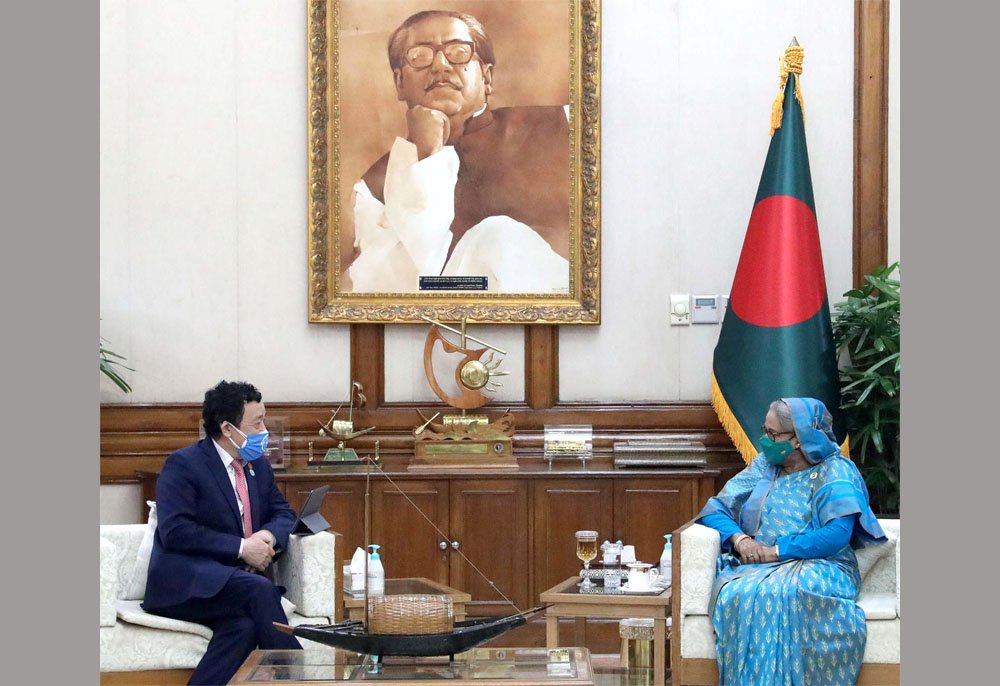Women in Pakistan’s Agricultural Sector Suffer
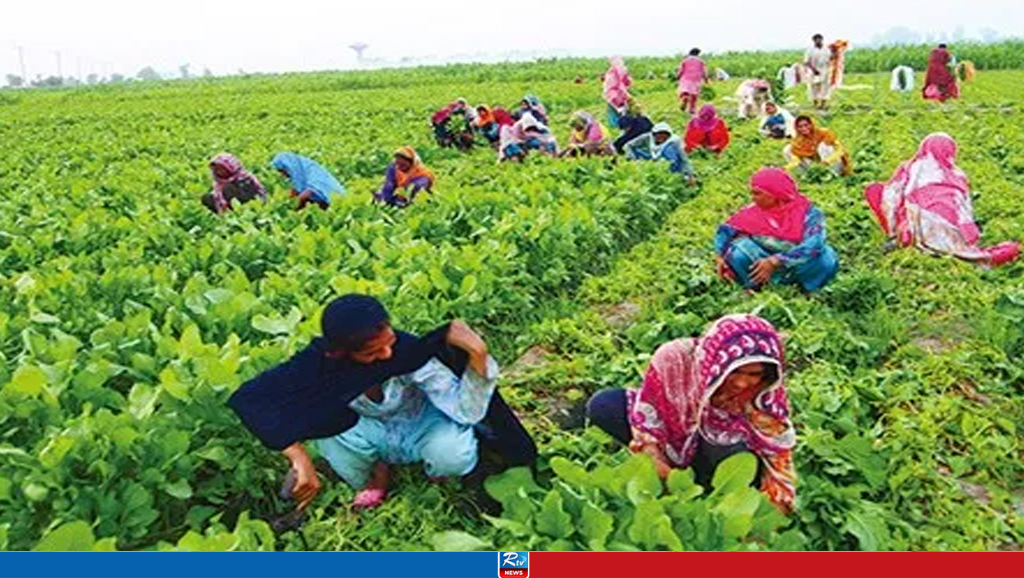
Findings of a study carried out by Pakistan’s Food and Agriculture Organisation (FAO) confirms that women farmers in Pakistan are largely unrecognised for their vital contributions to the country’s agriculture sector, food security and the economy at large. The study, “Protection issues faced by women farmers in Pakistan”, says their labour tends to be undocumented and they are rarely referred to as ‘farmers’, unlike their male counterparts. According to the study, “Pakistan’s labour laws do not cover the agriculture sector and the country lacks a national law to safeguard the rights of women involved in agriculture.”
The study indicates that sexual harassment is frequent and persistent in agricultural workplaces across Pakistan, and both women workers and children are not safe in the fields.
The key findings of the study “Protection issues faced by women farmers in Pakistan” are troubling. It states, “Women farmers are often exposed to hostile working environments – including exposure to violence, harassment and verbal abuse, particularly while working in the fields.” Socioeconomic factors increase women’s risk of exposure to violence and harassment in the agriculture sector.
The findings indicate that, “women farmers are not clear about how to define gender-based violence or harassment in the workplace.” A lack of awareness of laws, reporting procedures and redressal mechanisms, coupled with personal fears – such as the fear of losing their livelihoods – cultural and economic pressures and a lack of support prevent women farmers from reporting incidents of violence and harassment to the authorities.
Departments of Agriculture and Labour in Pakistan do not monitor the working conditions of women farmers, and addressing violations of women’s rights in agriculture is not explicitly stated within their mandates. Departmental staff lack gender training on gender-related issues.
Pakistan’s Sindh province is largely agriculture-based, and in rural Sindh, almost 70% of the population is linked with agriculture activities. Banana, Cotton, mangoes, rice, wheat and sugarcane are the main crops produced in the Sindh area. The participation of rural women farmers has not been weighed to the extent they devoted.
The situation for women bonded in agriculture labour in Sindh is particularly deplorable. Women in bonded labour work under harsh conditions for minimal pay. They are trapped in a cycle of debt, making it nearly impossible to escape their situation. Many women face physical abuse and psychological trauma. They are often subjected to harsh treatment by landowners and supervisors.
Given the pernicious influence of the antiquated feudal system that dominates agriculture in Pakistan, concentrating land ownership in the hands of a few, this only ends up exacerbating existing gender inequalities in the sector, preventing too many hard-working women farmers from accessing much-needed benefits and services.
Despite laws like the Sindh Bonded Labour System Abolition Act of 2015, enforcement is weak. The non-implementation of pro-peasant and rural worker laws, has left women in rural areas vulnerable to social, economic, and political injustices. Because implementation of the Sindh Bonded Labour System Abolition Act remains weak, every year, peasants must approach courts to seek the release of family members held in bondage by landlords. District vigilance committees, which are supposed to operate under the Sindh Bonded Labour System Abolition Act fail to assist bonded labourers or those already freed by court orders.
Women’s role in various sectors including cropping, livestock rearing and dairy development, backyard poultry, backyard kitchen gardening, agro-forestry and fisheries are not acknowledged due to local customs and cultural norms of bonded labour in Sindh. Many women are unaware of their rights or unable to access legal help.
The conditions of women in districts such as Tharparkar, Sanghar, Mirpurkhas, Dadu, Jacobabad, and Badin is particularly dire. Despite promises made under the Sindh Women Agriculture Workers Act (SWAWA) of 2019, women receive a meagre Rs 5,000 monthly for their labour-intensive roles in agriculture, including chilli and cotton picking, date-processing, and wheat cultivation. The Sindh government has set a minimum wage of Rs 7,000 per month, agricultural and women workers still earn less than Rs10,000 monthly despite working 12-hour days.
The socio-economic conditions of peasants and rural women are extremely concerning, with the 2022 floods compounding their hardships. Many labourers lost their homes and livestock, and the slow reconstruction process has left millions of farmers homeless. Compounding their difficulties is the fact that women are also expected to primarily bear the responsibility of household work, doubling their work burden.
There had also been little progress in the implementation of the Sindh Tenancy Act 1950, which outlines farmers’ rights. It was recommended that permanent labour status be granted to farming and labouring women, along with access to social security, health care, education and insurance. Women registered under the Benazir Income Support Program invariably face humiliation while queuing at centres and banks. The Sindh government has also failed to implement the amendments it made in 2021 to the Sindh Water Management Ordinance (SWMO) 2002 for ensuring women’s representation at all levels of the Sindh Irrigation and Drainage Authority (SIDA).
Challenges faced by women in Pakistan’s agriculture sector include gender-based disparities in daily wage rates and the working hours of women and men, women’s double burden of on-farm and off farm activities, a lack of clean drinking water and appropriate sanitation facilities, the limited availability and poor quality of health services, and an imbalanced intake of food which affects women’s health and leaves them prone to health problems. Health problems are common among women farmers due to the excessive use of pesticides.
Limited access to education in Pakistan keeps women and girls in a cycle of poverty and exploitation. Without education, their opportunities for better employment are severely restricted.
But most crucially women farmers in Pakistan are largely unrecognised for their major contributions to agriculture, food security and development at large.
Given that a significant 74 percent of Pakistan’s female labour force works in agriculture, the lack of attention women in the sector receive is highly troublesome, as this has led to poor knowledge about their plight and a consequent absence of policymaking that addresses their issues in a substantial manner. (Source: europeantimes)
Comments
China Launches New Generation Assault Ship 'Sichuan'

Plane Crash in South Korea: 179 Out of 181 Onboard Killed
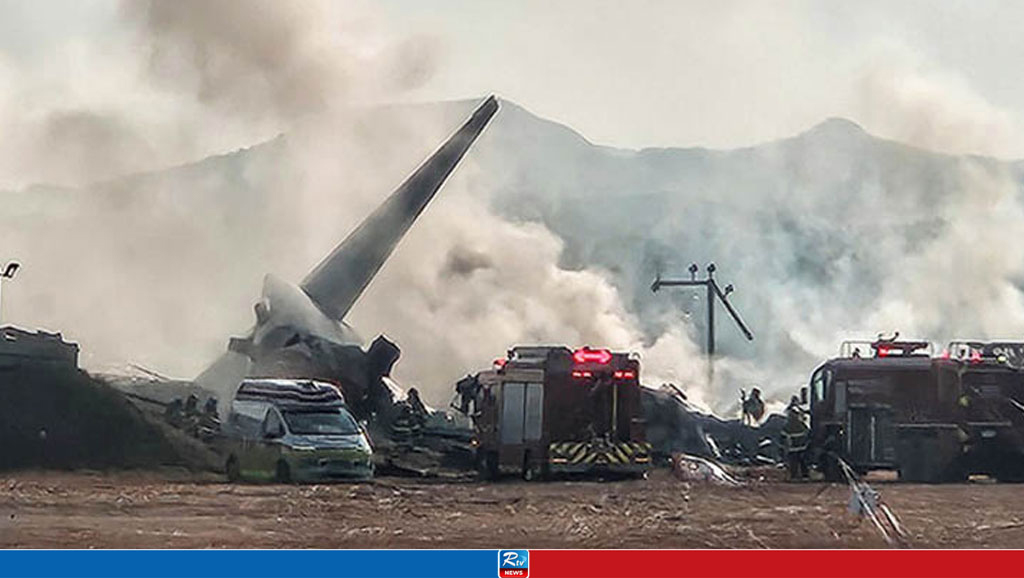
19 Pakistani Soldiers Killed in Border Clash with Afghan Forces
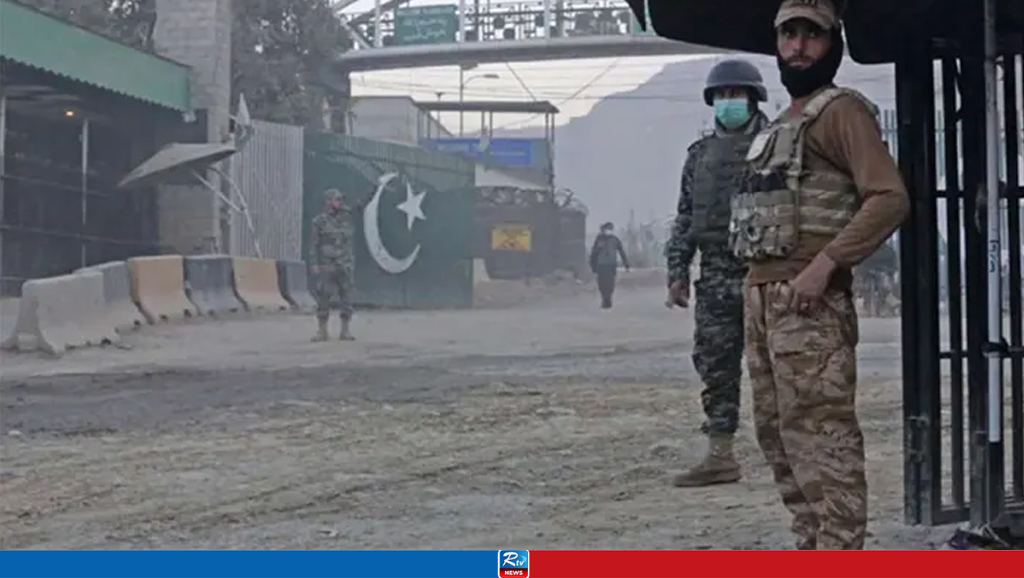
Devastating Road Accident in Ethiopia: At Least 66 Dead

Afghanistan Taliban Targets "Several Points" in Pakistan, Tensions Increase
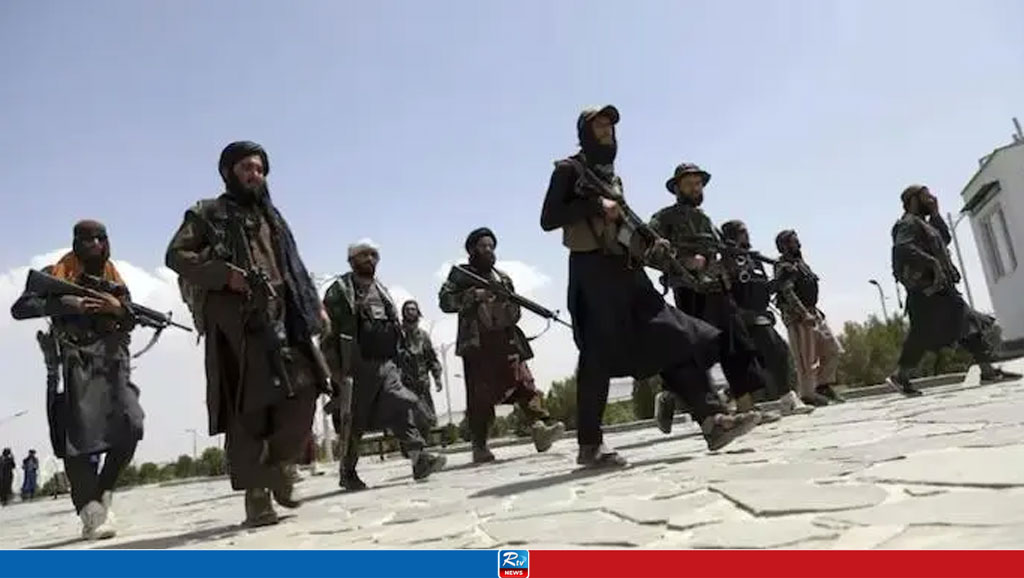
China's Trade Tensions With US Remain High Ahead of Trump Inauguration

China Firing Preemptive Trade War Shots at Trump


 Live Tv
Live Tv




